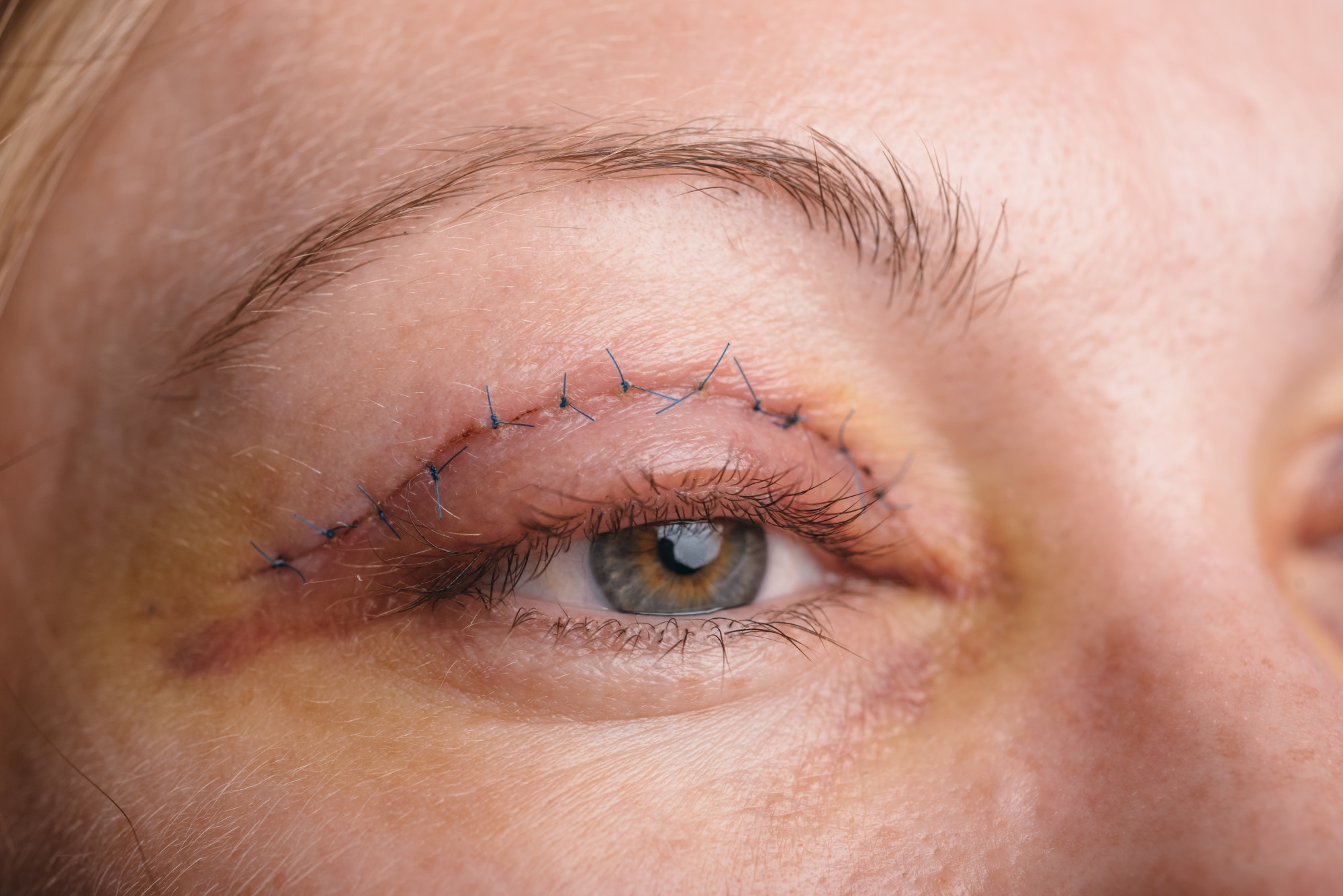Sleep is essential for overall health, influencing everything from brain function to heart health. However, one often-overlooked consequence of poor sleep is its impact on sexual health—specifically, erectile dysfunction (ED). While many factors contribute to ED, including stress, lifestyle choices, and underlying medical conditions, research shows that inadequate or poor-quality sleep can be a major culprit.
How Sleep Affects Sexual Health
Adequate sleep is crucial for sustaining healthy hormone levels, especially testosterone. This hormone is essential for libido, energy, and erectile performance. Research indicates that men who suffer from long-term sleep deprivation or conditions like sleep apnea often have lower levels of testosterone, which can result in diminished sexual interest and challenges in achieving or maintaining an erection.
Moreover, sleep is vital for effective blood circulation. During phases of deep sleep, the body engages in physiological processes that enhance vascular health. Since proper erections depend on sufficient blood flow, a lack of sleep may lead to vascular problems that hinder erectile function.
Sleep Disorders and Erectile Dysfunction
Several sleep disorders are closely linked to ED:
- Obstructive Sleep Apnea (OSA):This condition disrupts normal sleep patterns and reduces oxygen levels in the blood. OSA has been strongly associated with ED due to its negative impact on cardiovascular health and hormone production.
- Insomnia: Difficulty falling or staying asleep can lead to chronic fatigue, increased stress, and hormonal imbalances, all of which contribute to sexual dysfunction.
- Restless Leg Syndrome (RLS): Studies suggest that men with RLS are more likely to experience ED, possibly due to dopamine regulation issues and disrupted sleep.
The Role of Circadian Rhythms
The body operates on a circadian rhythm, an internal clock that regulates sleep-wake cycles and hormone production. Testosterone levels typically peak in the morning, following a night of uninterrupted sleep. Disruptions to this cycle—whether from night shifts, jet lag, or irregular sleep patterns—can negatively affect hormone balance and contribute to ED.
For men experiencing persistent erectile dysfunction, addressing sleep quality may be a critical first step. However, medical treatments are available for those who continue to struggle with ED despite lifestyle changes. To learn more about potential solutions, consulting a specialist can provide personalized guidance.
Improving Sleep to Support Sexual Health
Prioritizing sleep can enhance overall well-being and improve erectile function. Here are some methods to improve the quality of your sleep:
- Set a Regular Sleep Schedule: Going to bed and getting up at the same time each day helps to regulate hormone levels.
- Reduce Screen Exposure Before Sleep: The blue light emitted by devices can disrupt melatonin production, making it more difficult to fall asleep.
- Follow a Nutritious Diet and Regular Exercise Plan: Consistent physical activity and healthy eating foster heart health, promote testosterone production, and enhance overall sleep quality.
- Control Stress Levels: Elevated stress can lead to inadequate sleep and a higher likelihood of erectile dysfunction. Techniques like meditation, deep breathing, or therapy can help mitigate stress.
- Consult a Healthcare Professional: If conditions such as sleep apnea or persistent insomnia are impacting your quality of life, seeking medical advice can help address these underlying problems.
By emphasizing good sleep, men can improve their overall health, raise testosterone levels, and enhance sexual performance. Tackling sleep-related concerns not only benefits erectile function but also leads to better mental, physical, and emotional health.










